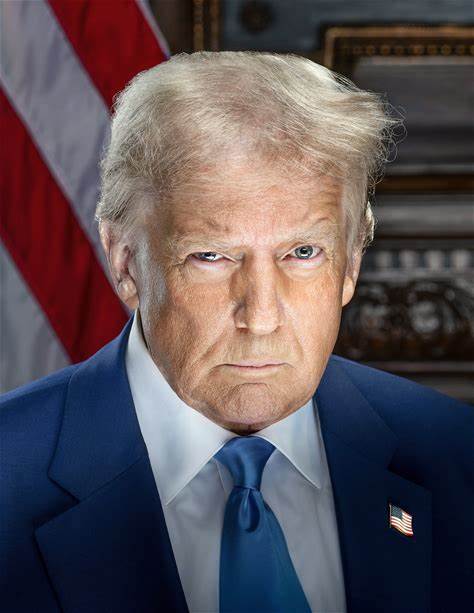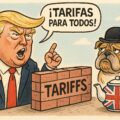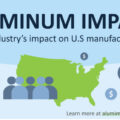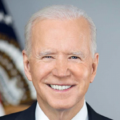The President of the United States, Donald Trump, has announced an increase in tariffs on steel and aluminum, which will rise from 25% to 50%. The measure, as he explained, aims to strengthen protection for the national steel industry and will be implemented starting next week.
The announcement was made during a visit to a United States Steel Corp plant, where Trump emphasized the need to strengthen employment in the sector. However, he did not specify whether the increase will also apply to Mexico and Canada, partner countries in the United States-Mexico-Canada Agreement (USMCA), which already face the current tariffs.
This decision expands the tariff policy initiated by the president in February, when he promised to impose a 25% tax on steel, aluminum, and their derivative products, without contemplating exceptions. The tariffs took effect in March, eliminating previous exemptions and extending to goods such as empty aluminum cans and canned beer.
Trump has relied on Section 232 of the Trade Expansion Act of 1962, which allows him to impose trade restrictions for national security reasons. Although Mexico and Canada were initially excluded, both countries were subsequently included in the application of these tariffs.
Since his presidential campaign, Trump’s team has maintained that part of Chinese steel enters the United States through third countries like Mexico, which would justify the application of stricter measures.
It should be noted that, while these decisions have been subject to litigation in U.S. courts, the steel and aluminum tariffs themselves are not directly part of the legal disputes currently ongoing.













